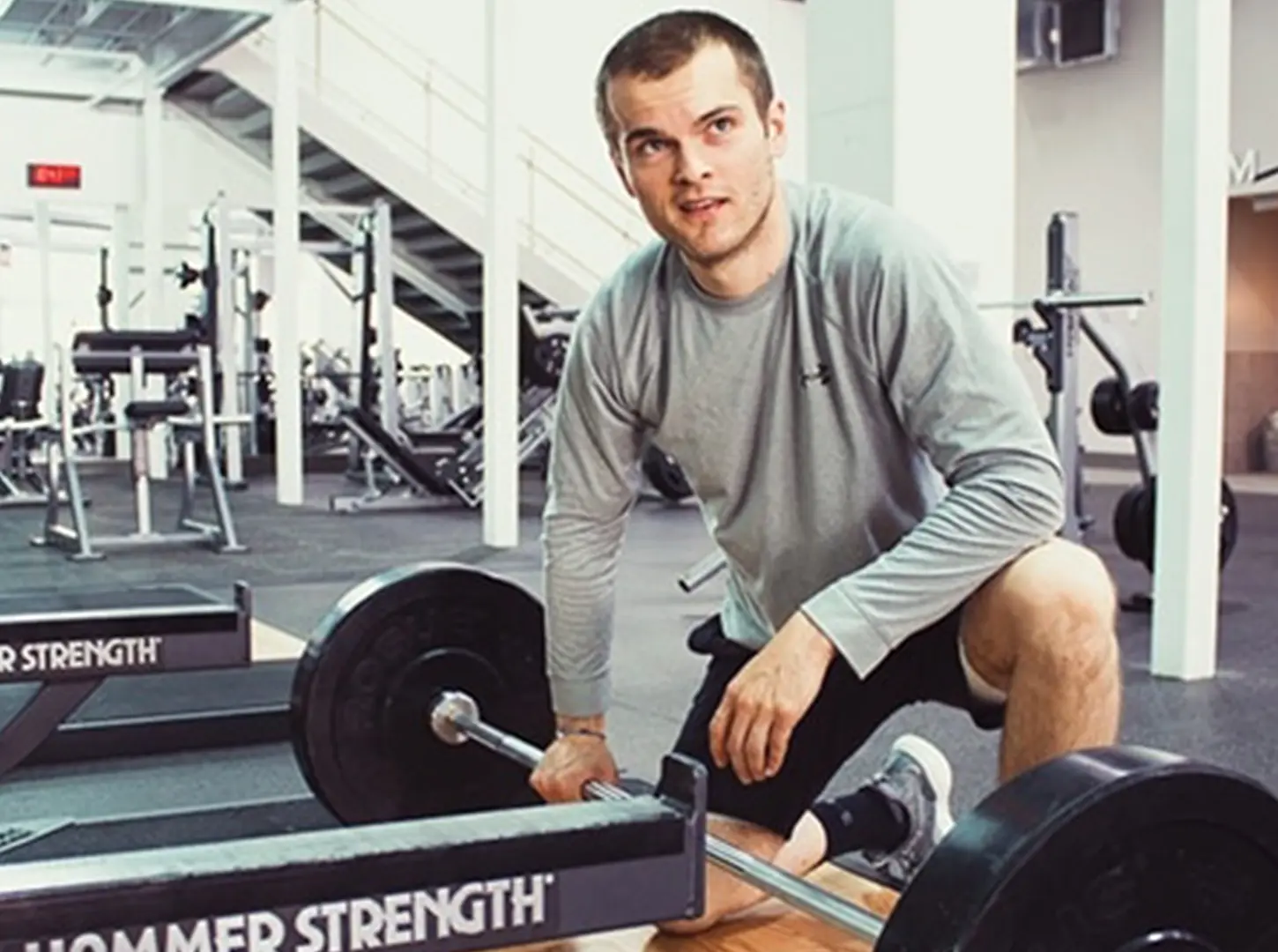What’s your excuse when you fall off the movement bandwagon?
Too tired? Long days at work? Have children? No have time? You’ll start next week? You aren’t seeing the results you want even when you do go?
Let’s address the last one, which is surprisingly one of the more common excuses people give us: People start, and shortly after stop because they don’t see fast enough gains. Usually, it’s weight loss: They don’t lose enough weight fast enough and they give up and return to old habits.
Here’s the thing: Exercise alone won’t get you to lose the weight!
In order of importance, I would argue three things come well before exercise when it comes to body composition:
- Diet (simply put, stick to whole, unprocessed foods that grow naturally in the world, and stay the f* away from sugar).
- Sleep, sleep and more sleep.
- And stress!
So what’s the point of bothering to workout then? Can’t you just focus on eating well and sleeping better instead? Well for one, this new study says that a lack of exercise is worse for you than smoking, having diabetes or even having heart disease.
The study looked at 122,007 people who underwent a treadmill test at the Cleveland Clinic between 1991 and 2014. It concluded that being unfit was a more accurate predictor of death than being a smoker, diabetic or being hypertensive. The researchers suggest not exercising regularly should be considered a DISEASE!
So yeah, maybe exercise alone won’t give you the body you always wanted in six months, but at the very least you’ll be laying the foundation to live a longer, healthier, less disease-ridden life if you’re fit.
And secondly, though physical fitness might not be the main influence responsible for weight loss, being fit IS STILL VERY much connected with the BIG THREE: Diet, sleep and stress.
But… How?
Becoming fit encourages a better diet, better sleep and reduced stress. Not to mention, the more you surround yourself with fit, healthy people, the more likely you’ll be to watch your health more, just by association. And then when you eat better, sleep better and eliminate stress—BOOM—body composition improvements follow. Let’s take a quick look:
Exercise and Diet:
Emotional connection: Often times when people are working out and feeling healthier, they naturally become more motivated to eat healthier. And when you’re part of our community, for example, you’ll be surrounded by others who also love food, but who focus on healthy ways of enjoying delicious food. Think of it this way: If you work in an office where donuts take over the lunch room, chances are you’ll eat donuts. But when your friends host parties with delicious AND healthy food, your food habits will start changing without even trying very hard. Not only that, but your coach will work with you on holding you accountable to following a healthy diet.
Physiological connection: There’s much evidence that being more fit helps your body’s processes, such as digestion, function more optimally. This means your metabolism speeds up and you start to absorb nutrients more effectively, which has a positive influence on your body composition. Read more here about the connection between various factors, including physical activity, and increasing your metabolism:
Exercise and Sleep
It’s well known that physical activity drastically improves the quality of your sleep, as well as sleep duration. Further, there’s evidence that exercise in the morning and early afternoon helps reset your sleep-wake cycle because it raises the body’s temperature, which allows it to drop later and trigger tiredness in the evening as you get closer to bedtime.
Another way early morning workouts can help promote good sleep at night is because it can help force you into the habit and routine of waking up at 5 a.m. to hit the 6 a.m. class. Waking up that early and avoiding napping usually helps ensure you become appropriately tired at night. Best case scenario, you get in the habit of going to bed by 9 p.m. or earlier, and there’s a ton of evidence that shows that going to bed early and at a regular bed time (and waking up at the same time everyday, for that matter) does wonders for helping your recovery, digestion and metabolism work as effectively as possible.
Exercise and Stress
Emotional Connection: Many people report they workout in the mornings just for the high they feel afterward. Though this is a seemingly emotional connection, when you dig a little deeper you’ll realize there’s a physiological connection behind this one: Physical activity increases your feel-good neurotransmitters—aka endorphins—which serve to boost your mood in the hours that follow.
So the runner’s high you’ve heard of but have never believed because you hate running isn’t just some made-up, bogus claim made by obnoxious marathon runners. It’s a real thing: Exercise = better mood and less stress, which leads to better metabolism and potential weight loss, if that’s your goal.
Physiological Connection: On the other side of things, too much stress means more cortisol in your body. More cortisol can turn into overeating because it causes increased insulin levels, meaning blood sugar levels drop and you find yourself craving sugar.
Enter exercise, which does wonders for helping lower cortisol levels. Read more here.
So to sum up the above: You were RIGHT! Exercise alone isn’t going to help you lose 50 lb. But it will keep you healthier and help you live longer, especially if that study is accurate. And, and, and, being fit (and being part of our community specifically) will get you get and stay on track with a better diet, and will help improve your metabolism, your sleep better and your stress levels. All of this will help you earn body composition improvements.












